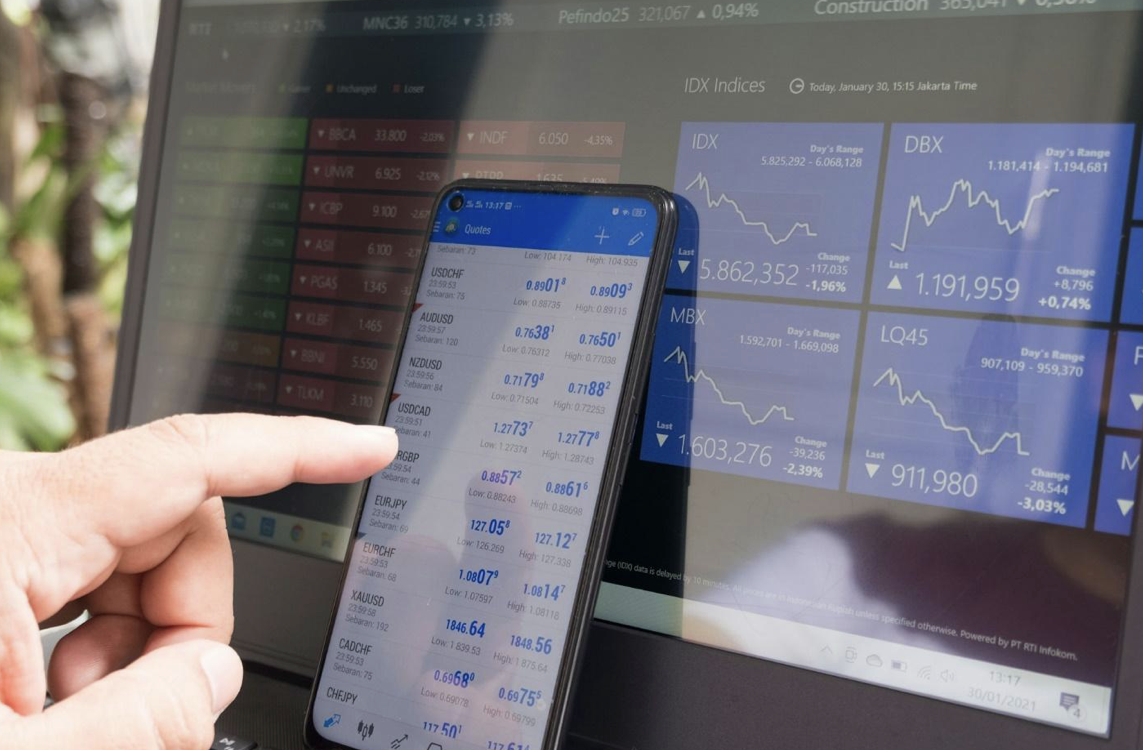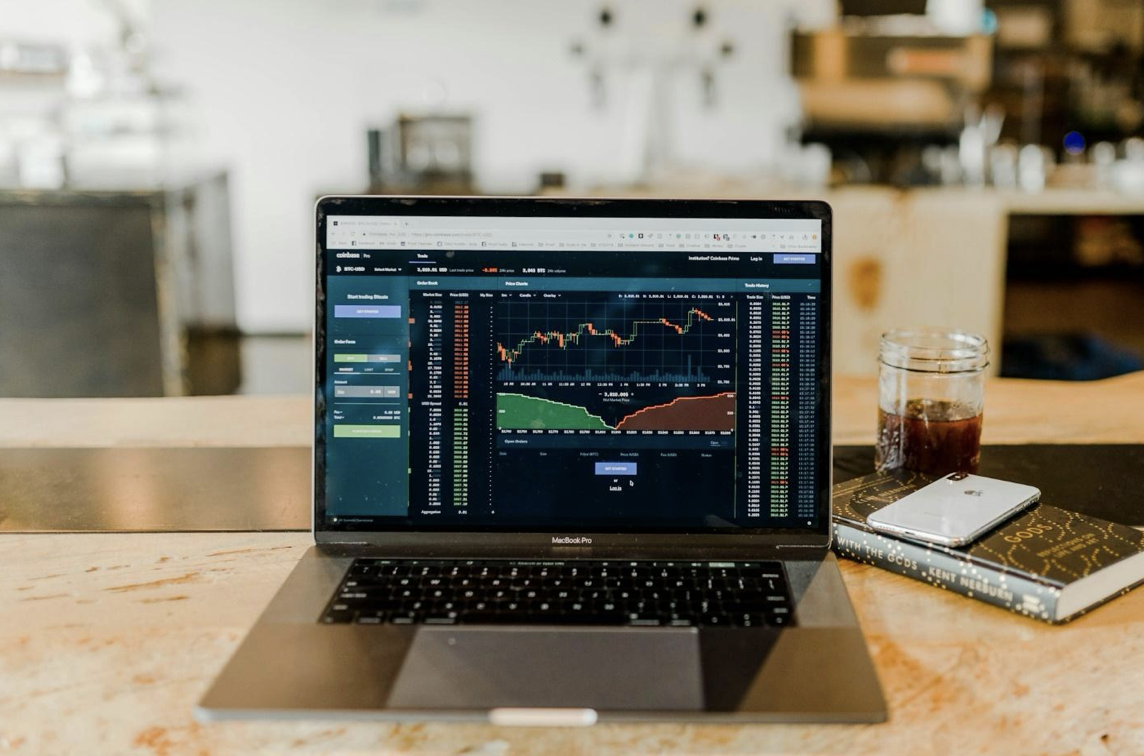5 Ways AI Is Revolutionizing Forex Trading
The forex market, with over $6 trillion in trading volumes daily, is being radically transformed by AI. With technological advancement happening each new day, artificial intelligence continuously reshapes the way traders do market analysis, execute trades, and manage risk.
Here are five integral ways AI is transforming the Forex trading arena.
1. Enhanced Market Analysis and Prediction
AI is getting better at reading markets in forex trading. Traditional analysis usually depends on people scrolling through charts, economic reports, and news. In contrast, AI systems can review large quantities of data almost instantaneously. They can recognize patterns and relationships that human beings might miss.
Machine learning programs learn from price information, economic indicators, and news reception. They predict future price movements and trends in the financial market. In doing this, these AI forex trading programs find complex links between different factors to fully understand conditions. Such results ensure faster work, better pattern recognition, and consideration of multiple variables.
Nevertheless, AI tools are never perfect. There can be black swan events or irrational behavior that is not reflected in the old data and influences the markets. Therefore, combining AI's views with human judgment and risk control is still the key to success. Markets are never logical. A trader has to keep a close watch and make wise choices.
AI is much of a helper, but its direction has to be very proper. New technology gives another chance at profit, though reducing the risk of loss is a matter of caution. Humans and machines can now understand markets in new depth together.
2. Algorithmic and High-Frequency Trading
AI has wholly changed trading in terms of computer programs and algorithms. Algorithmic trading makes automated trades via rules embedded into the software that uses data. AI makes these algorithms smarter by adapting strategies based on real-time numbers and machine-learning insights.
High-frequency trading takes this concept further. Even with the help of powerful computers and fast internet, HFT systems trade many times in seconds. AI-driven HFT can analyze minute market changes, recognize fleeting opportunities for profit, and trade faster than humans.
This means these AI-automated systems can trade rapidly with less emotion. Programmers can back-test strategies before using them for real. However, risks remain since a glitch or flawed programming could mean significant losses without close monitoring. Also, the interactions of many AI trading systems could happen in unexpected ways, increasing market volatility.
While AI increases automated trading, close supervision is required. Technical issues or unforeseen effects from the many AI systems trading together may have interesting ramifications. That close oversight is crucial in utilizing new technology safely for all concerned.
3. Improved Risk Management
Long-term success in forex trading is derived from risk management. AI is changing the way traders do assessments and reduction of risk. AI risk management tools can analyze portfolio dangers, set automatic stop-losses, spot issues, do risk testing, and ensure legal compliance.
AI in risk management gives traders the best trade sizing and leverage and how to deploy risk. Machine learning models understand the overall risk considering how pairs are interlinked, market swings, and economic reports. AI systems can further dynamically alter stop-loss points to protect trades based on real-time data and volatility while at the same time allowing for maximal profit potential.
Such advanced risk management can provide more stable performance and protection from heavy losses. However, AI will still require oversight by the trader, who must understand basic concepts about how their risk management systems work. AI tools are helpful, but the trader still retains responsibility regarding knowledge of risk. With applied diligence, AI enhances sensible risk practices for long-lasting success.
4. Personalized Trading Recommendations
AI is allowing forex trading to be better tailored to each trader. AI systems can review a trader's past results, risk level, habits, and market interests to provide customized advice and information.
It provides users with various AI tools that enable the construction of personal strategies and the sharing of behavioral insights. These tools have adjustable learning and detailed performance reports. This system learns from a trader's actions while interacting with it, helping it refine its suggestions over time.
This way, one can significantly help traders' starters improve their skills. It also helps experienced traders optimize some of the strategies. However, traders must still think critically rather than start mindlessly following AI ideas for which they cannot explain why.
AI becomes more human-like in its understanding of traders. While this is a handy tool, humans are still responsible for learning about the decisions and consequences. Performance potential increases as the trader and technology partners learn from each other.
5. Automated Trading and Trade Execution
One of the most cutting-edge applications of AI in forex trading is the use of automated bots. These AI systems can analyze markets themselves, create trade signals, and execute orders without any person's intervention.
Automated bots allow for continuous monitoring, emotionless trading, quick reactions to market changes, and the running of varied strategies on different pairs simultaneously. Developers extensively test these systems using historical performance data to fine-tune them before use.
While automated trading offers benefits, risks are also inherent. Technical glitches, Black Swans, or poor programming may result in severe losses if not monitored. Merely relying on bots will lessen understanding of how markets work and reduce flexibility to adapt.
Close supervision and limitation of risk per trade are ways to reduce the associated downsides. In general, automated systems do have a promise if supported by wise human stewardship. Traders must consider advancing technology to work for long-term mutually beneficial partnerships instead of once-in-a-lifetime pitfalls. Progress requires prudence.
Conclusion
No doubt, AI is making revolutions in the forex world. It equips traders with powerful instruments for studying markets, processing trades, controlling risk factors, and improving strategies. As AI moves forward, we can also expect uses of an even more complex nature in this market.
However, it is essential to remember that AI is just a tool, not magic. Suitable forex trading requires detailed market insight, sensible risk practices, and continuous learning. AI should be seen as an enhancer of what traders know and can do, not replacing human judgment.









